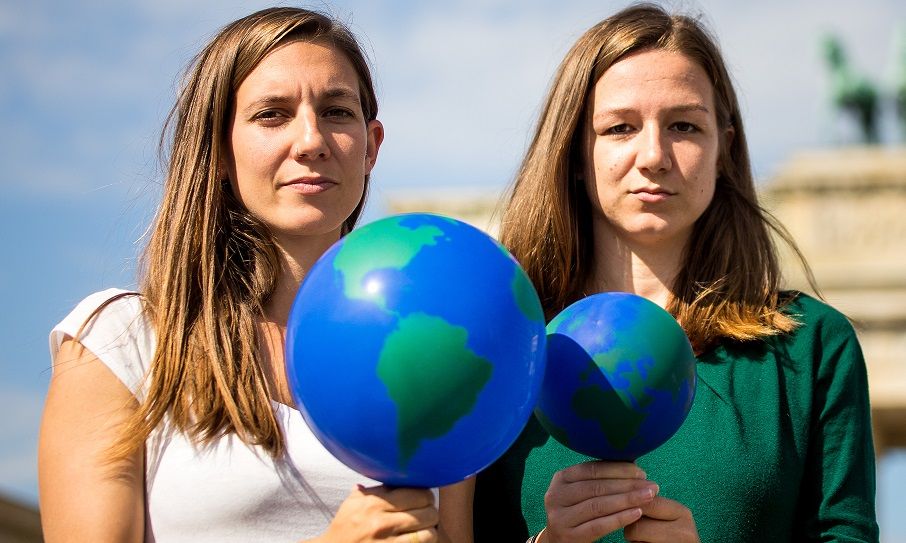The inconvenience of Earth Overshoot Day isn’t going away, despite Denmark’s emergence in recent years as a green superpower.
Were Denmark the whole planet, it would use up an entire year’s worth of resources in a little under three months, meaning it would need the equivalent of four Planet Earths to support its needs, according to the calculations of think-tank Global Footprint Network.
Denmark’s Earth Overshoot Day on March 28 makes it the 15th earliest country to mark it – a slight improvement on last year, when the day was observed on March 26.
Some glaring omissions
Earth, as a whole, uses up what is considered to be a year’s worth of resource (biocapacity) near the end of July. Anything after that goes into the ecological footprint: a use of resources Earth is unable to regenerate.
The 14 countries that placed worse than Denmark were: Qatar (on February 10!), Luxembourg, the Cook Islands, Bahrain, Canada, the UAE, the USA (March 13), Estonia, Belize, Kuwait, Trinidad & Tobago, Mongolia, Australia and Belgium. Finland will place 16th on March 31.
The best performing country was Benin, preceded by South Sudan, Mali, Jamaica, Chad, Myanmar, Ecuador, Indonesia and Papua New Guinea. All of them will mark their Earth Overshoot Day in December.
However, a great many countries were not included on Global Footprint Network’s ranking, including six particularly populated countries: India, Pakistan, Bangladesh, Ethiopia, Nigeria and the Philippines.
Denmark’s problem: we’re too rich
Denmark’s throwaway culture is a particular drain on its biocapacity, explained Professor Katherine Richardson from the University of Copenhagen, where she is head of the Sustainability Center, to DR.
“The big problem is that we are so rich. We consume an awful lot. We import a lot, we throw out a lot, and we’re not very good at recycling, so we use resources and throw them away,” she contended.
According to Richardson, the public could make a big difference if they eat more plant-based food, eliminate food waste and improve their recycling.















